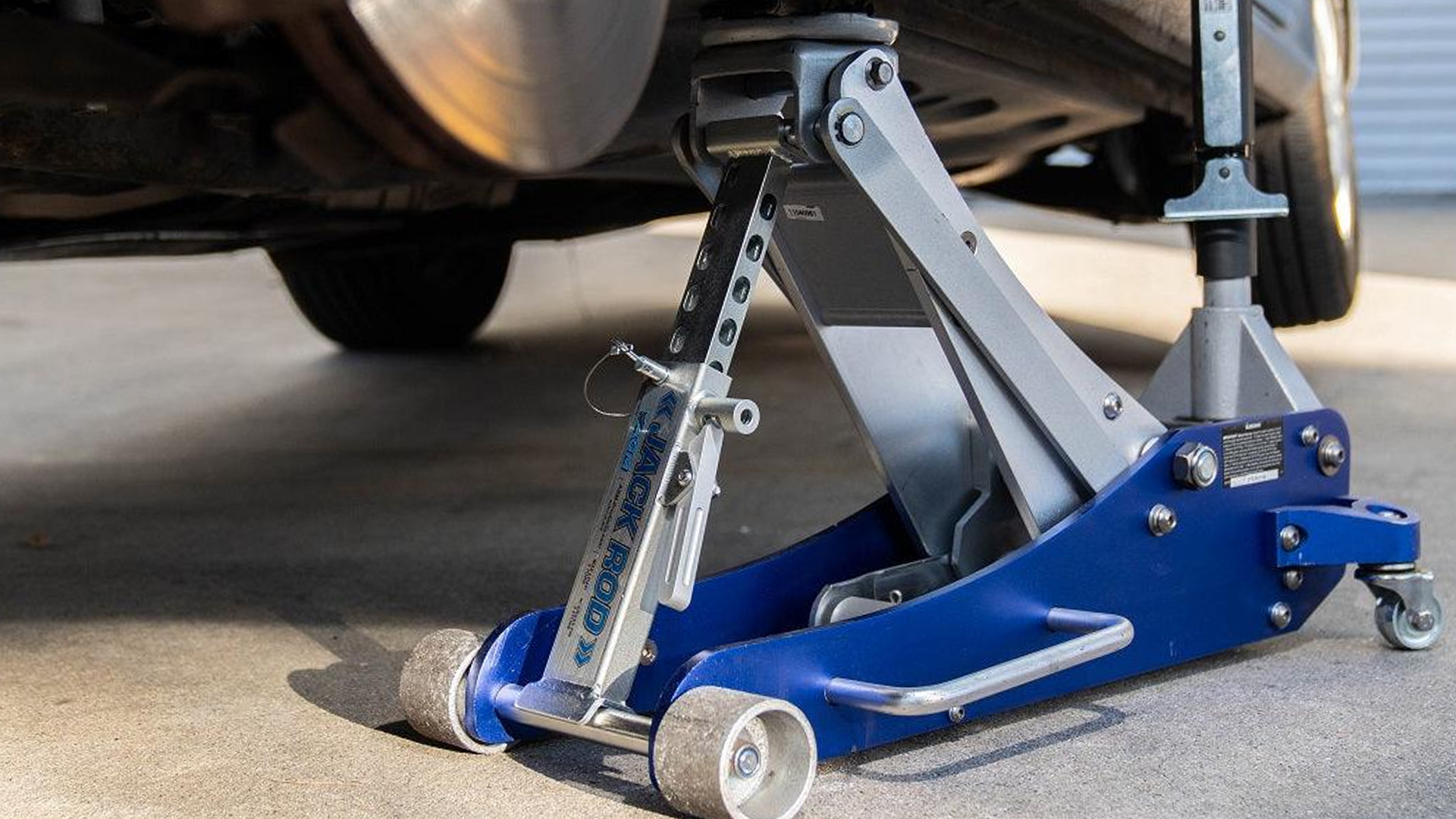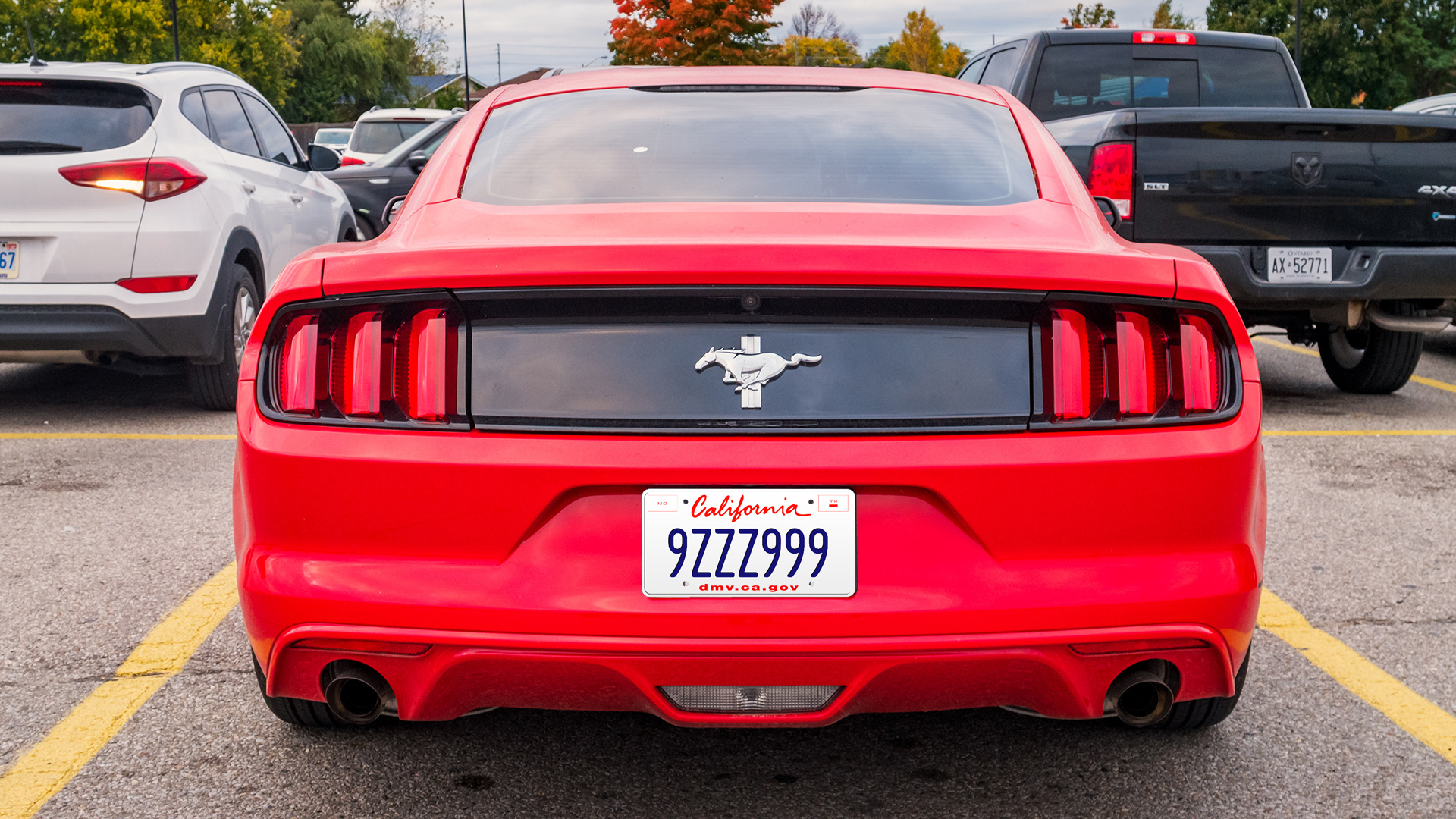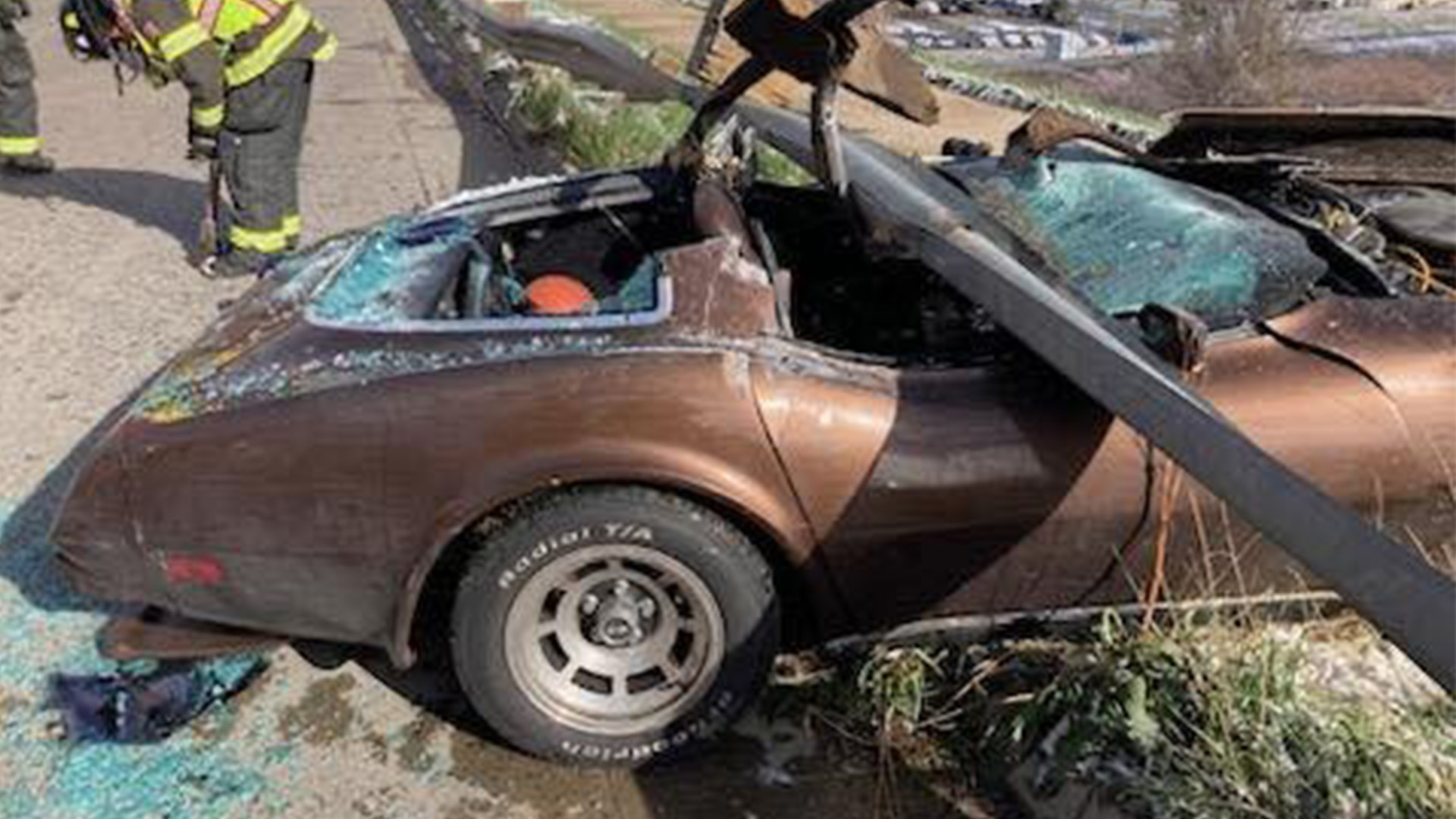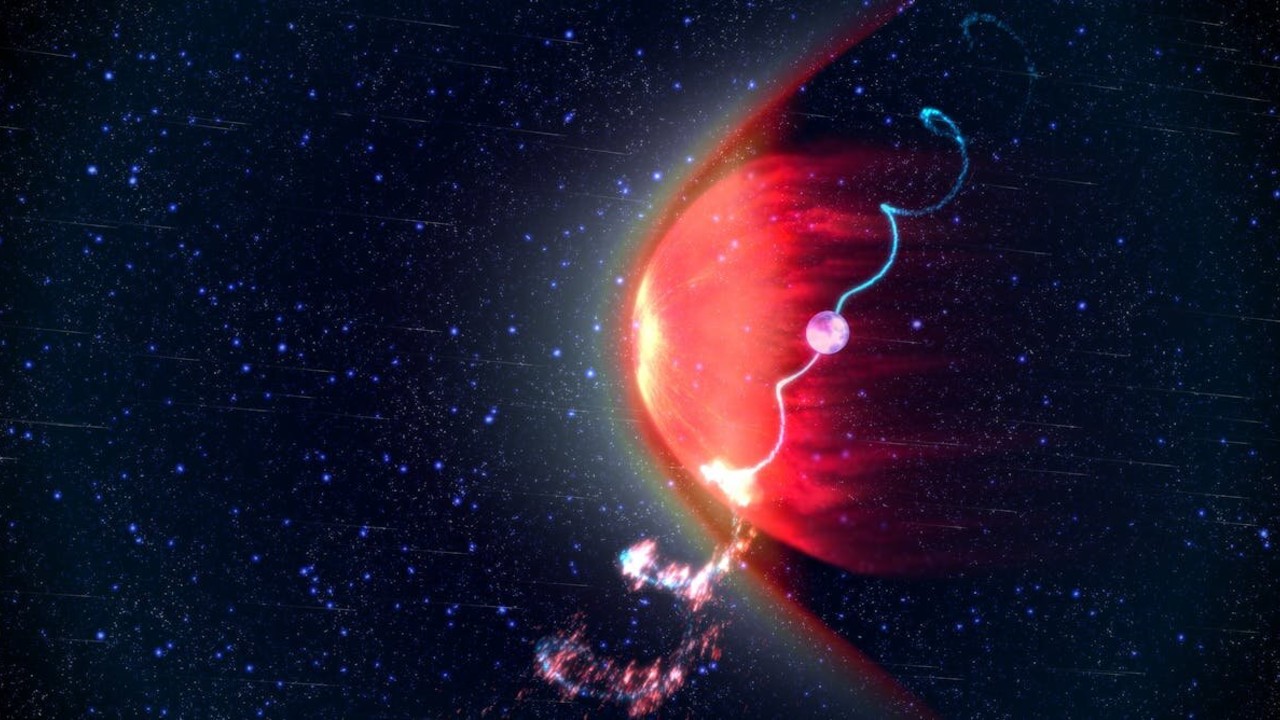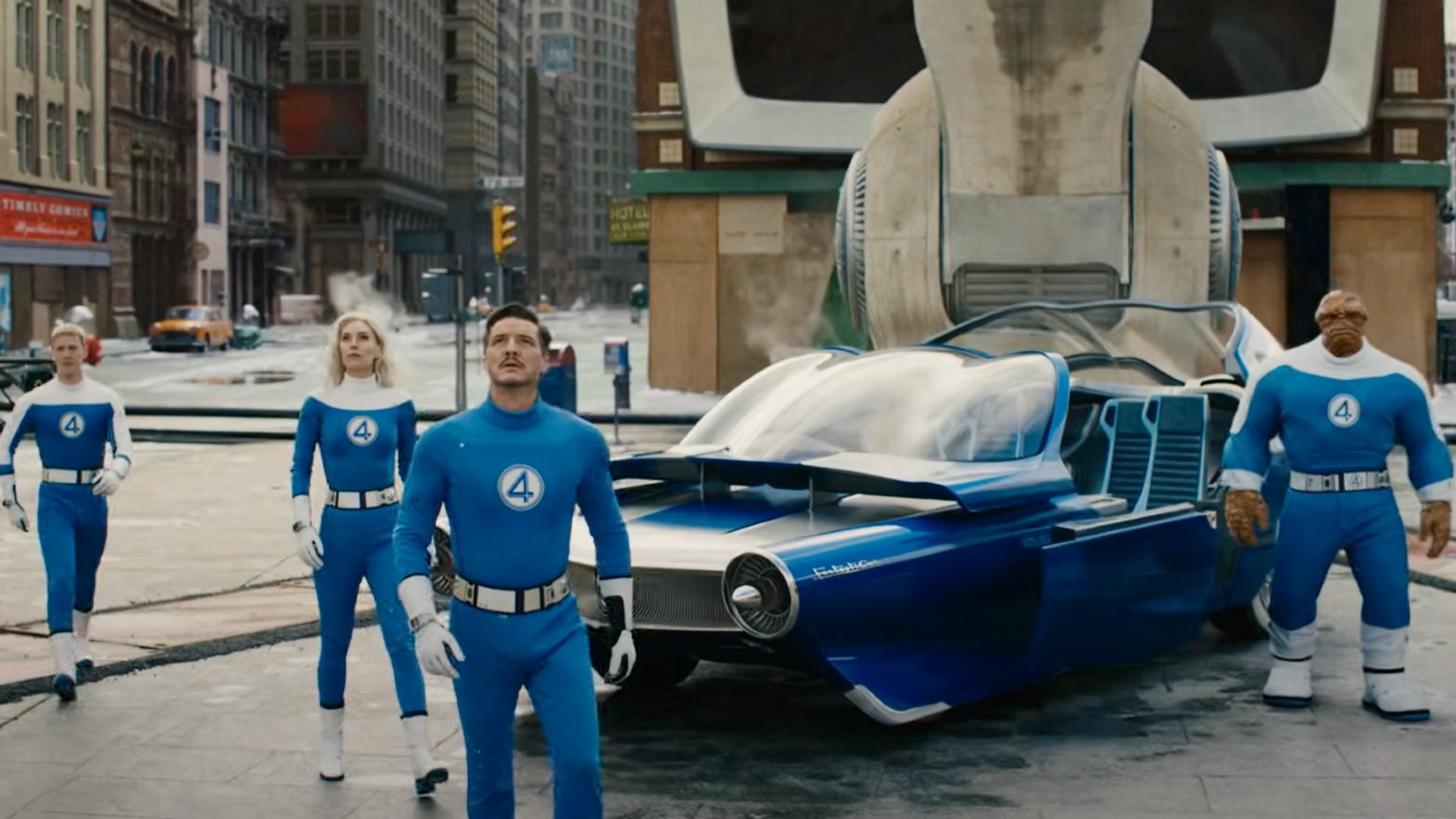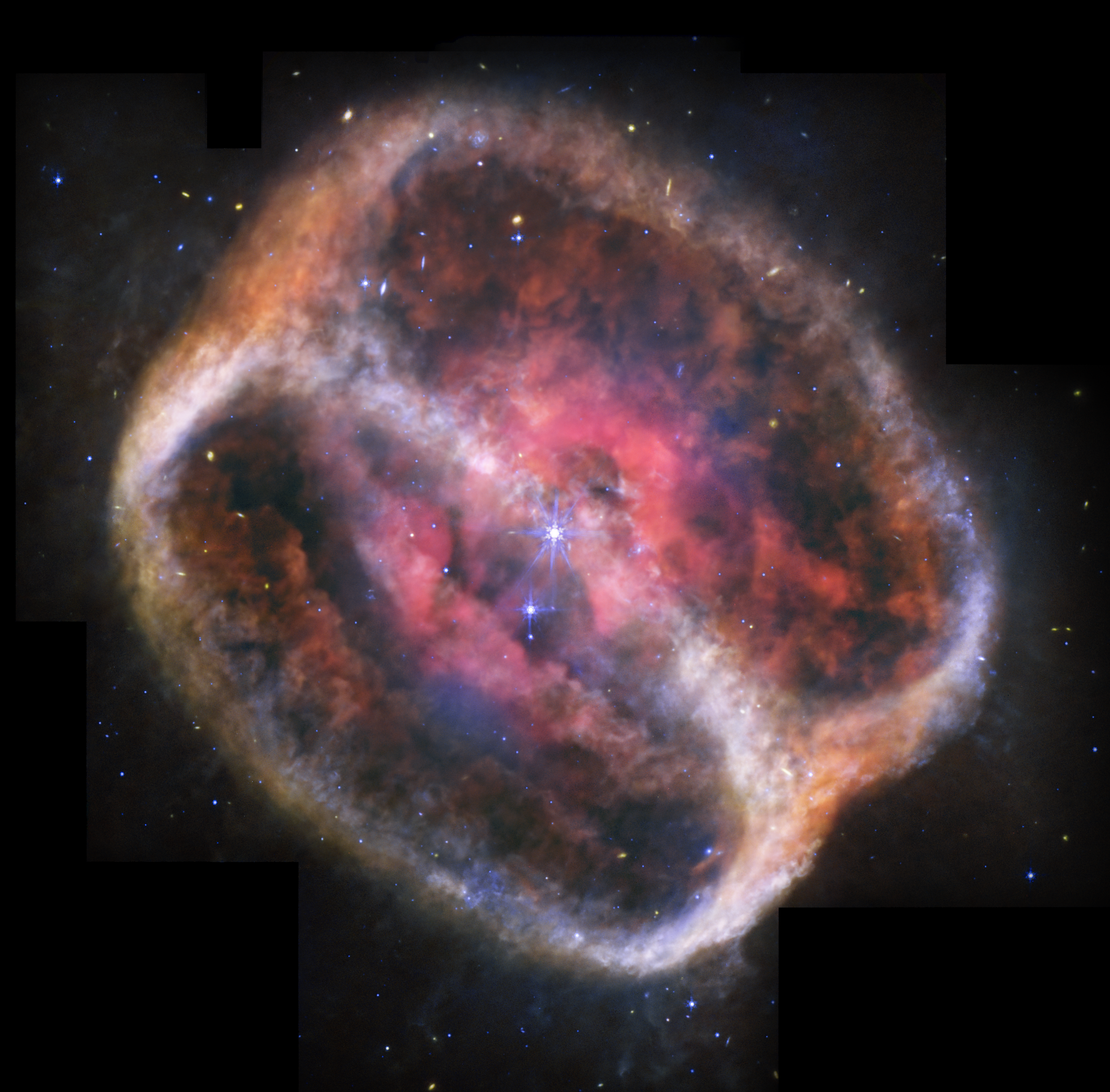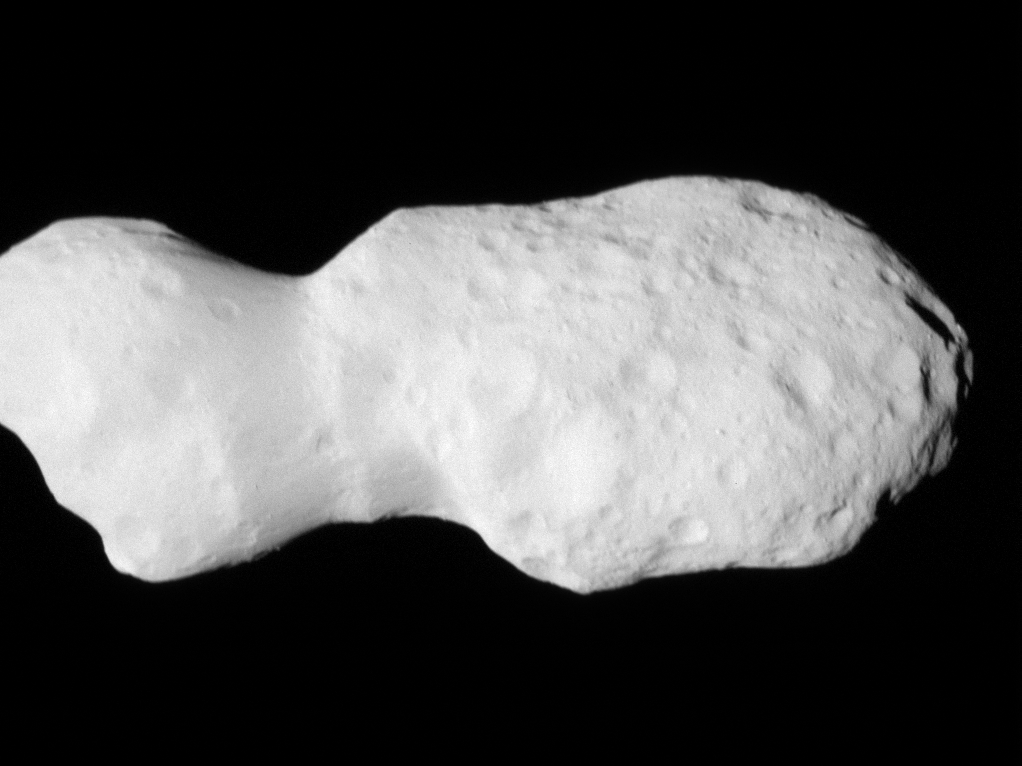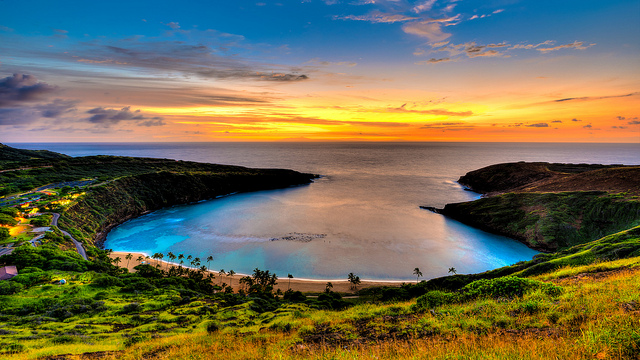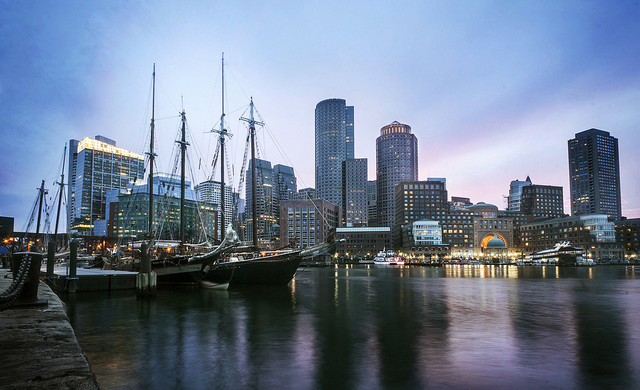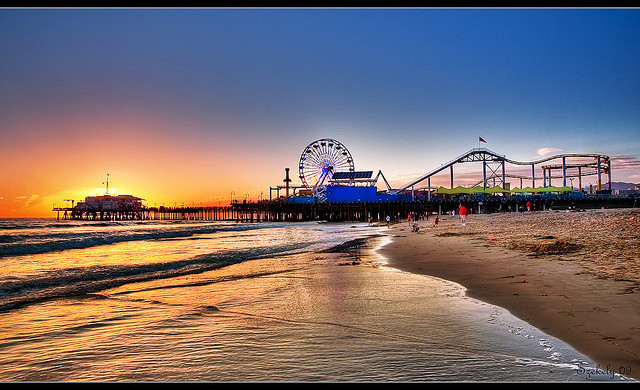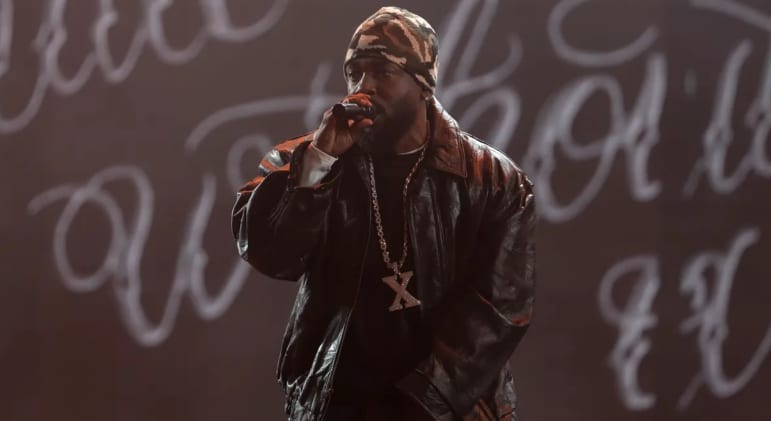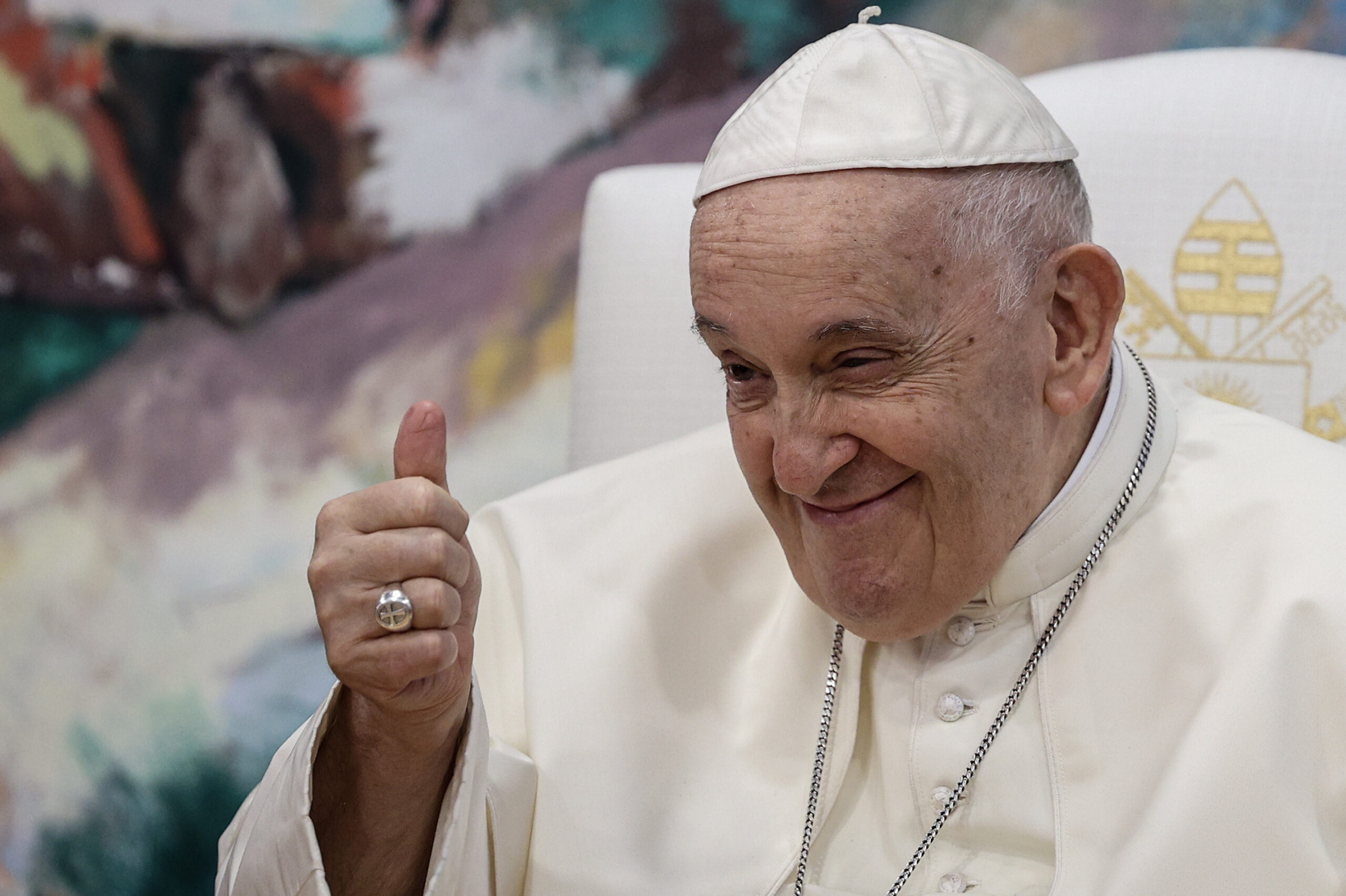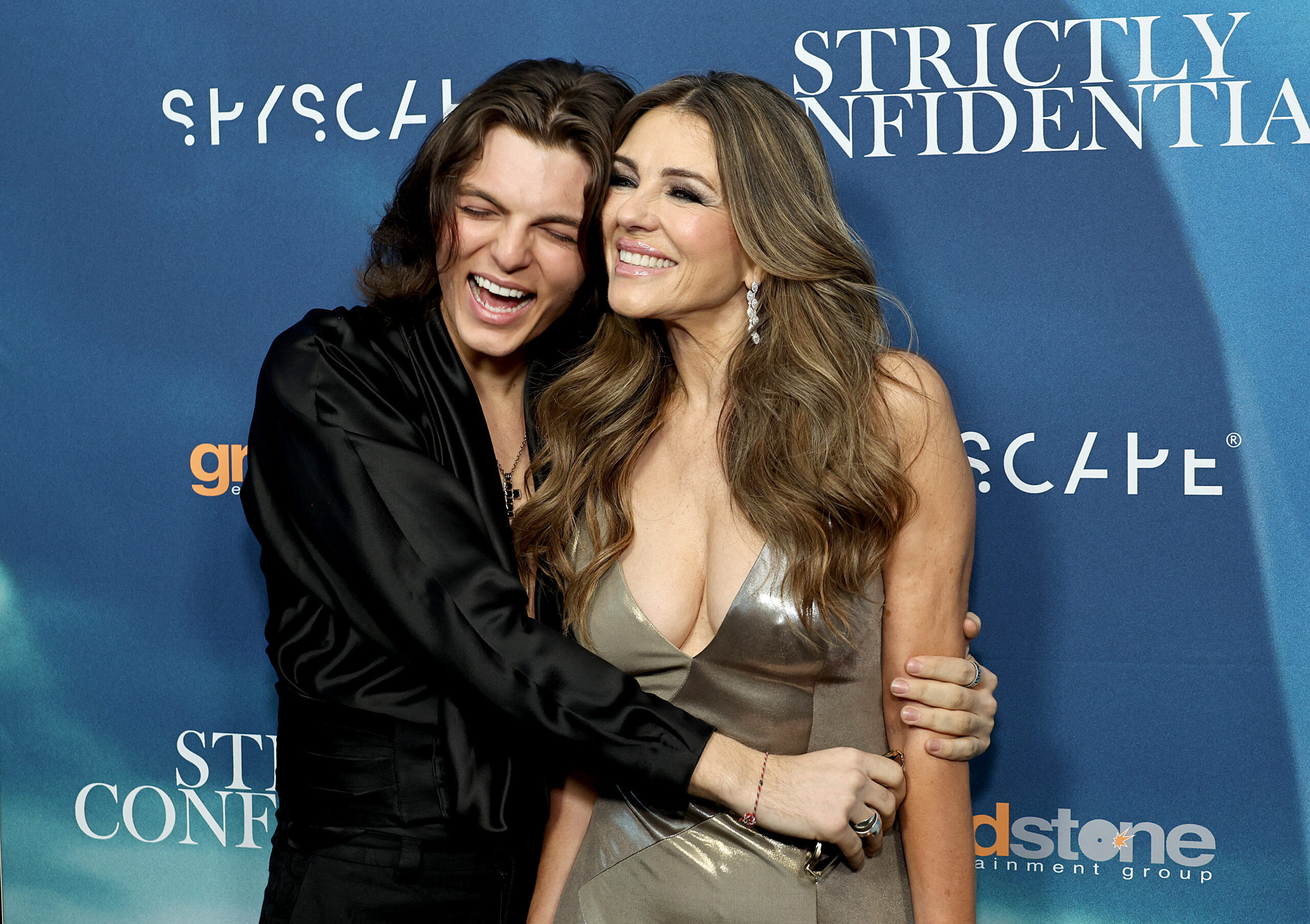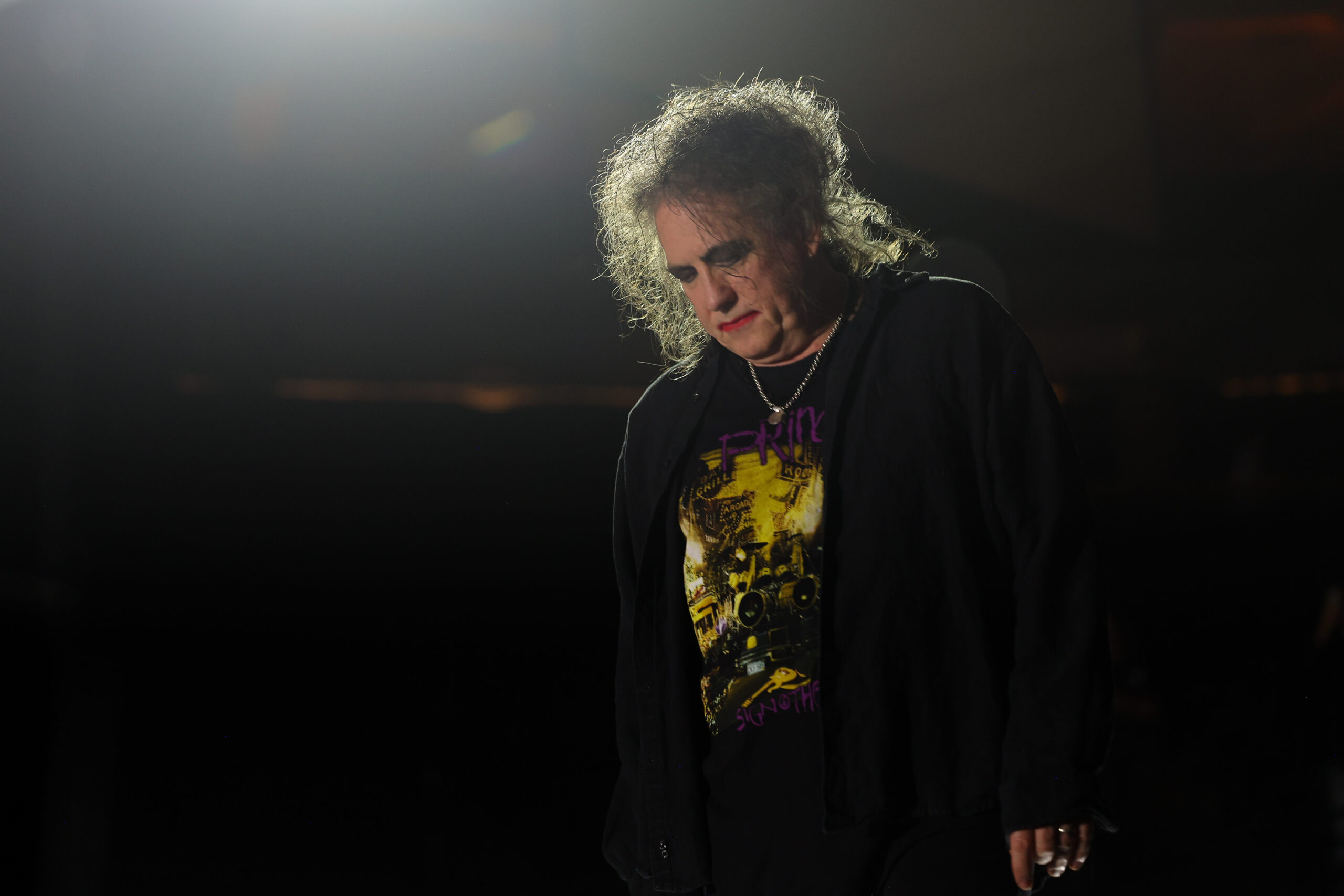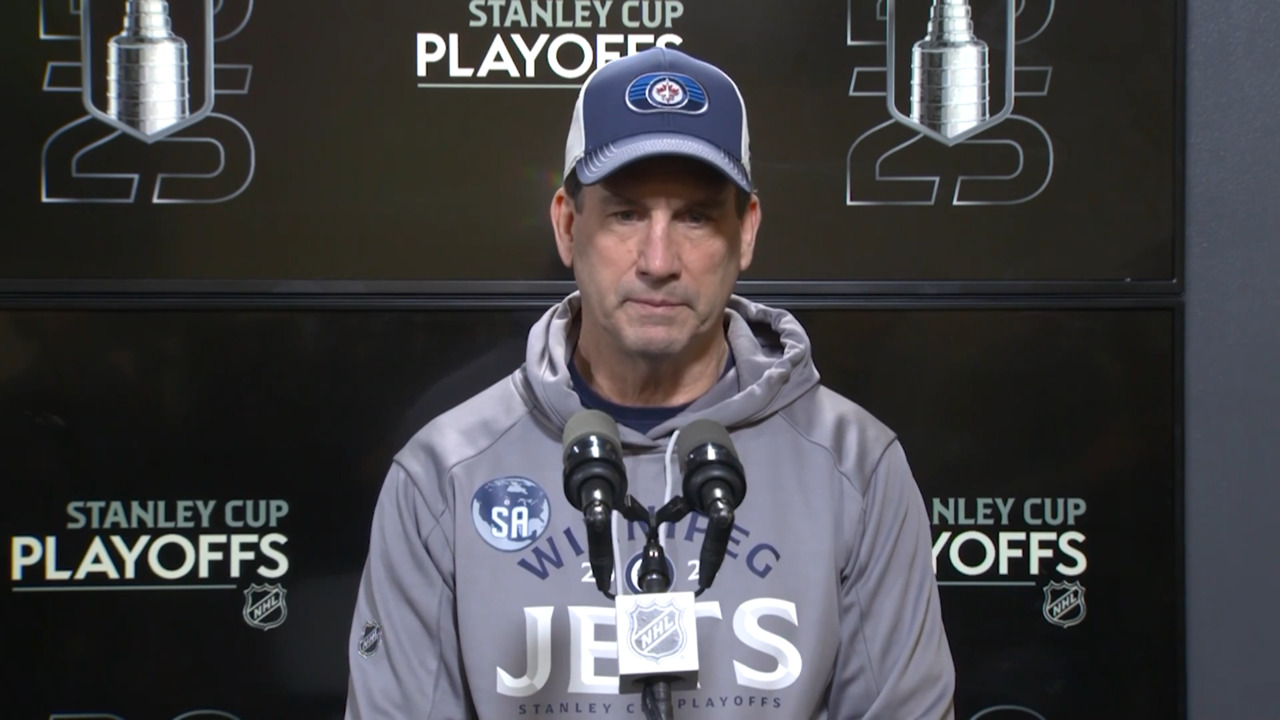The Climate Pope: Francis and His Environmental Legacy
Pope Francis served as a voice of moral clarity, speaking and writing about the social consequences of human influence on the planet.


Jorge Mario Bergoglio’s first big environmental move after being elected leader of the world’s more than 1.2 billion Catholics came quickly: choosing the papal name Francis after Saint Francis of Assi, known among other things for his appreciation of the natural world which he called a “mirror of God.” [time-brightcove not-tgx=”true”]
That was 2013. In his 12 year papacy, Pope Francis would go on to become a key figure in the global climate movement. As political leaders debated the technical and economic dimensions of the climate policy agenda, Francis, who passed away on Easter Monday, served as a voice of moral clarity, speaking and writing about the social consequences of human influence on the planet.
“There is a need to act with urgency, compassion and determination, since the stakes could not be higher,” he said in an address to a climate summit at the Vatican last year, labelling the destruction of the environment a “structural sin.”
“We find ourselves faced with systemic challenges that are distinct yet interconnected,” he added. “Climate change, the loss of biodiversity, environmental decay, global disparities, lack of food security and threats to the dignity of the peoples affected by them.”
A call to action
Francis’ most influential intervention came in 2015, when he published an encyclical—or a papal letter to his bishops meant to guide them in their work—focused on our changing environment.
Called Laudato Si’ (Praise Be to You), it made the case for the interwoven nature of climate change and social justice challenges.
Francis paid special attention to the disproportionate impact of climate change on the world’s poorest and critiqued the economic structures that make this a reality. “We are faced not with two separate crises, one environmental and the other social,” he wrote. “But rather with one complex crisis which is both social and environmental.”
His words had consequences—especially early on. The publication of Laudato Si came just months before the United Nations talks that would yield the Paris Agreement, and leaders who gathered at the landmark climate summit say that his words resonated with negotiators. “He’s been one of the strongest voices, pushing to get things done,” John Kerry, the former U.S. climate envoy, once told me after meeting with Francis.
Building a broad church
Kerry is far from alone. Francis turned the Vatican into a key stop on the itinerary of climate leaders—and even welcomed oil executives to spur action on the climate.
Top officials running the annual UN climate conference would often include a Papal audience in their marathon of global meetings. He met with Greta Thunberg, the Swedish climate activist, at the height of her campaign to wake political leaders up to the climate challenge. He also tried to foster breakthroughs in addition to photo opps. In 2018, for example, he convened some of the world’s biggest oil and gas companies—including ExxonMobil, BP, and Shell—for closed-door discussions about the climate imperative. After the meeting, some of the executives issued a statement acknowledging the importance of addressing global warming.
And then there is his influence on the church. Not all of the world’s Catholics embraced his environmental agenda with some conservatives—particularly from places with robust fossil fuel industries—saying environmental issues fell out of his scope. And yet Francis helped make the climate issue a mainstream one for many others in the church.
In anticipation of his encyclical, an organization called the Laudato Si’ Movement was established by Catholic environmental advocates to activate Catholics around the globe to take action on environmental issues. That includes not only simple educational initiatives but also a push for action-oriented initiatives like divestment.
At times Francis’s climate work was undoubtedly overshadowed by a slew of controversies that have plagued the church in recent decades. And it remains to be seen how resilient it will be. Many of his potential successors have little interest in the climate agenda—and many of the political leaders who once praised him have been replaced with populists with little appreciation for his work.
And yet his legacy is indelible. Al Gore, the former vice president and Nobel Peace Prize winning climate activist, once put it succinctly to me: “we’re blessed with Pope Francis.”
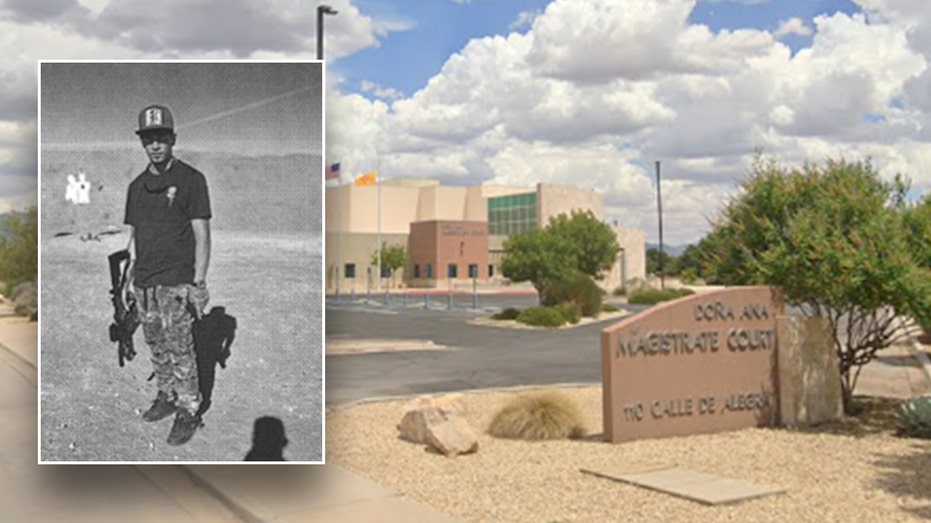
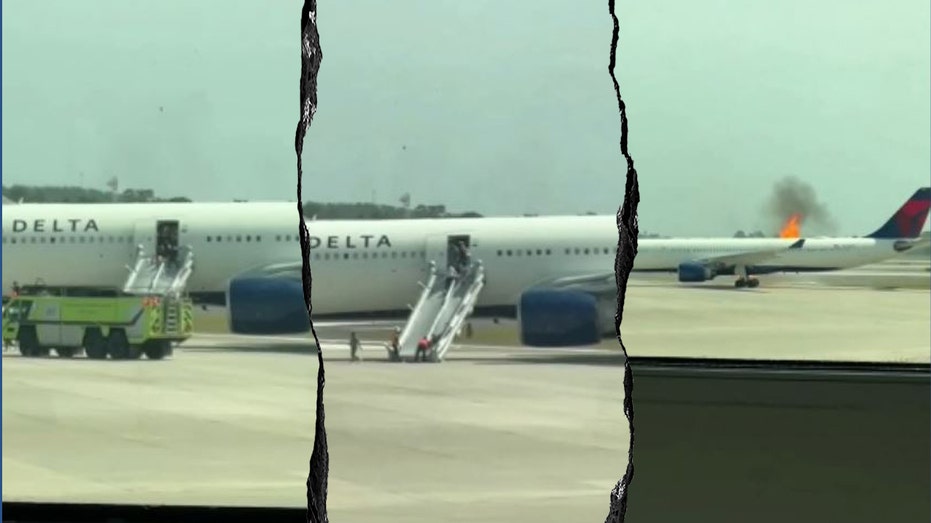








![From fast food worker to cybersecurity engineer with Tae'lur Alexis [Podcast #169]](https://cdn.hashnode.com/res/hashnode/image/upload/v1745242807605/8a6cf71c-144f-4c91-9532-62d7c92c0f65.png?#)













